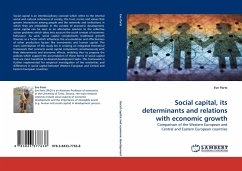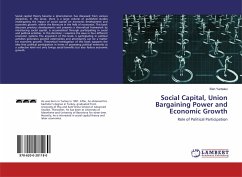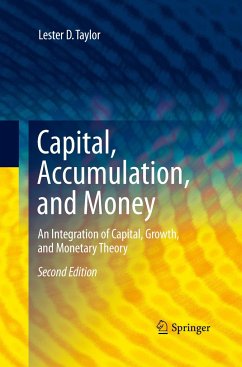Social capital is an interdisciplinary concept which refers to the internal social and cultural coherence of society, the trust, norms and values that govern interactions among people and the networks and institutions in which they are embedded. In the context of economic development, social capital can be seen as an alternative solution to the collective action problems which takes into account the social context of economic behaviour. As such, social capital complements traditional growth theories as a factor which influences the accumulation and effectiveness of other production factors like investments and human capital. The main contribution of this study lies in creating an integrated theoretical framework that connects social capital components simultaneously with their determinants and economic effects, enabling thus to propose the policies which support the accumulation of those forms of social capital that are most beneficial to desired development tasks. This frameworkis further implemented for empirical investigation of the similarities and differences in social capital between Western European and Central and Eastern European countries.







